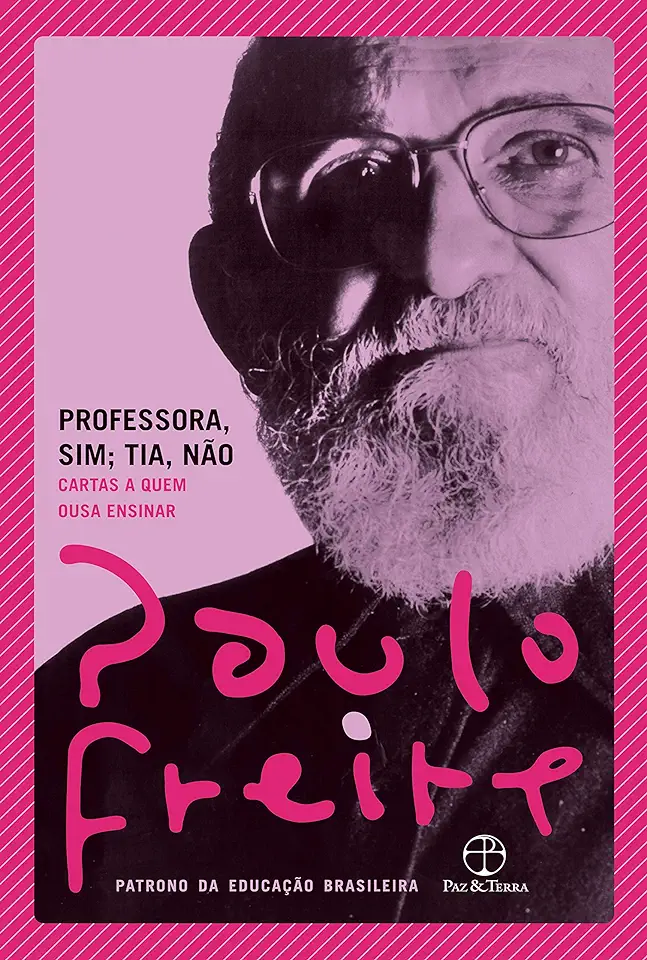
Teacher Yes, Aunt No - Paulo Freire
Teacher Yes, Aunt No: A Journey from Naivete to Critical Consciousness
In his groundbreaking work, "Teacher Yes, Aunt No," Paulo Freire takes readers on a journey of self-discovery and critical reflection, challenging traditional notions of education and empowering individuals to become agents of social change. Through a series of personal anecdotes and thought-provoking insights, Freire unveils the oppressive nature of traditional educational systems and offers a transformative vision of education as a liberating force.
From Naivete to Critical Consciousness
Freire begins by recounting his early experiences as a teacher, filled with naive enthusiasm and a desire to impart knowledge to his students. However, he soon encounters the limitations of this approach, as he realizes that simply transmitting information does not lead to true understanding or empowerment. This realization marks the beginning of his journey towards critical consciousness, a state of awareness that enables individuals to critically examine their own assumptions and the social structures that shape their lives.
The Banking Concept of Education
Freire identifies the traditional educational system as a form of "banking education," where teachers deposit knowledge into students' minds, treating them as passive recipients of information. This approach reinforces the power dynamics between teachers and students, perpetuating a cycle of oppression and disempowerment. Freire argues that this model fails to foster critical thinking, creativity, and the development of a critical consciousness.
Problem-Posing Education
In contrast to the banking concept, Freire proposes "problem-posing education," an approach that places students at the center of the learning process. This method encourages students to actively engage with the world around them, posing questions, analyzing problems, and seeking solutions. By challenging students to think critically and question their assumptions, problem-posing education empowers them to become agents of change and transform their own lives and communities.
Dialogical Learning
Freire emphasizes the importance of dialogue in the learning process. He argues that true learning occurs through a process of mutual exchange and collaboration between teachers and students. Dialogue allows for the sharing of experiences, perspectives, and ideas, fostering a deeper understanding of the world and promoting critical thinking. By engaging in dialogue, students develop the ability to articulate their thoughts, listen to others, and engage in respectful and productive discussions.
Conscientization
At the heart of Freire's philosophy is the concept of conscientization, a process of becoming critically aware of one's own reality and the social structures that shape it. Conscientization empowers individuals to challenge oppressive systems and work towards social transformation. Freire argues that education should aim to foster conscientization, enabling individuals to recognize and challenge the root causes of injustice and inequality.
A Call to Action
"Teacher Yes, Aunt No" is a powerful call to action, urging educators, students, and individuals from all walks of life to embrace critical consciousness and become agents of social change. Freire's work serves as a reminder that education is not merely about transmitting information, but about empowering individuals to critically examine their world, challenge oppressive structures, and work towards creating a more just and equitable society.
Why You Should Read This Book
"Teacher Yes, Aunt No" is a must-read for anyone interested in education, social justice, and personal transformation. Freire's insights are as relevant today as they were when the book was first published, and his work continues to inspire educators and activists around the world. If you are ready to embark on a journey of self-discovery and critical reflection, this book is for you.